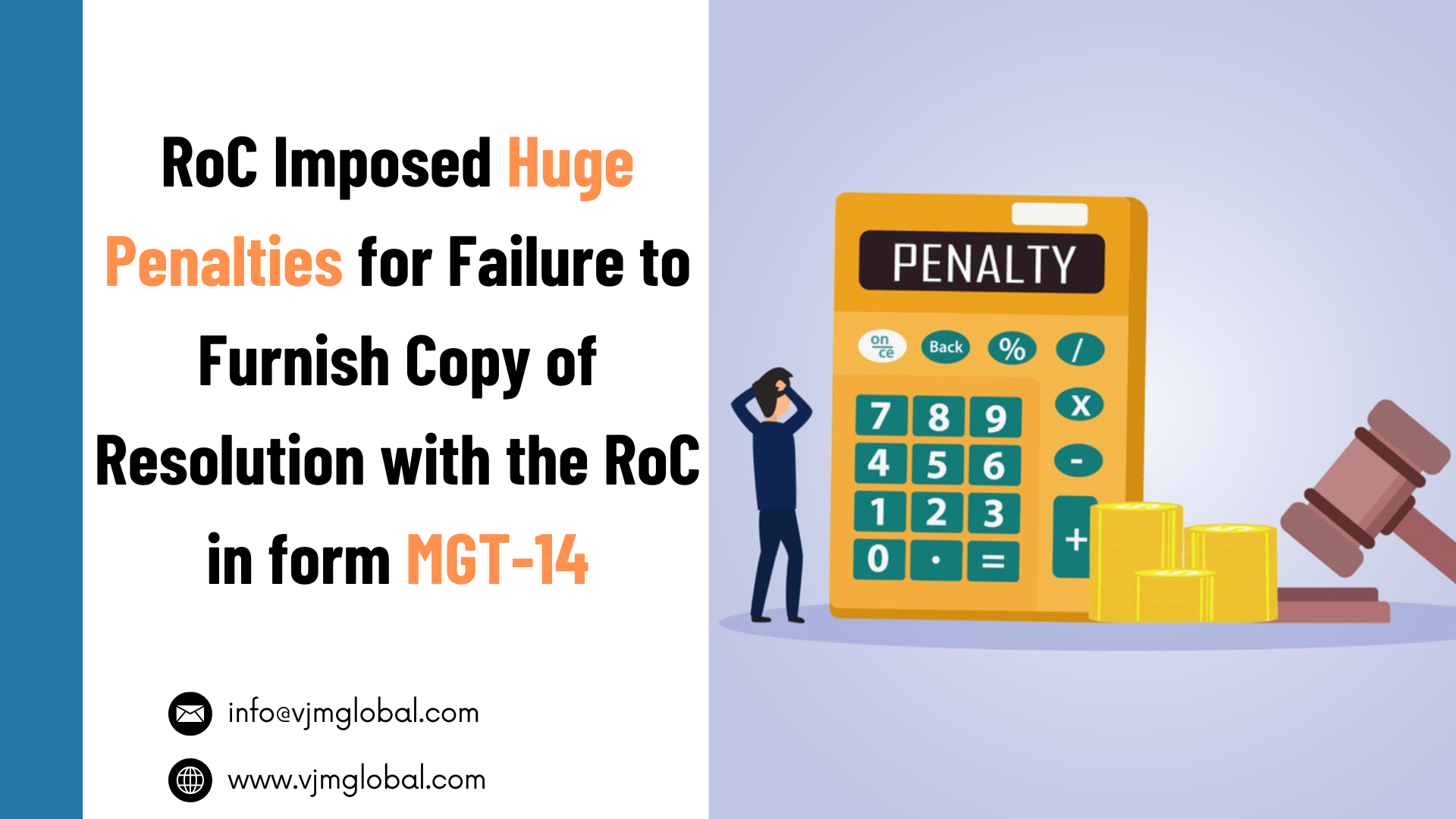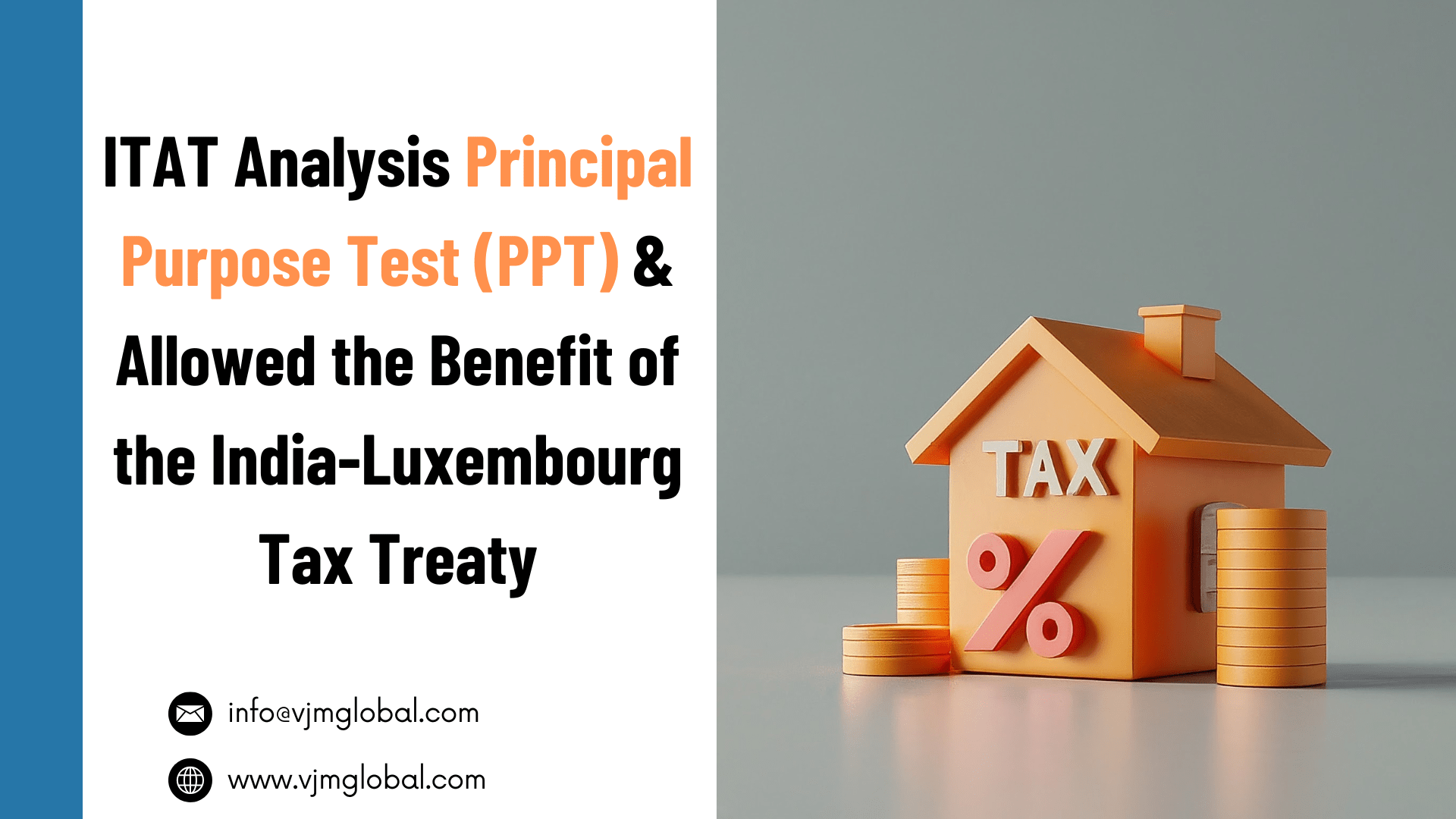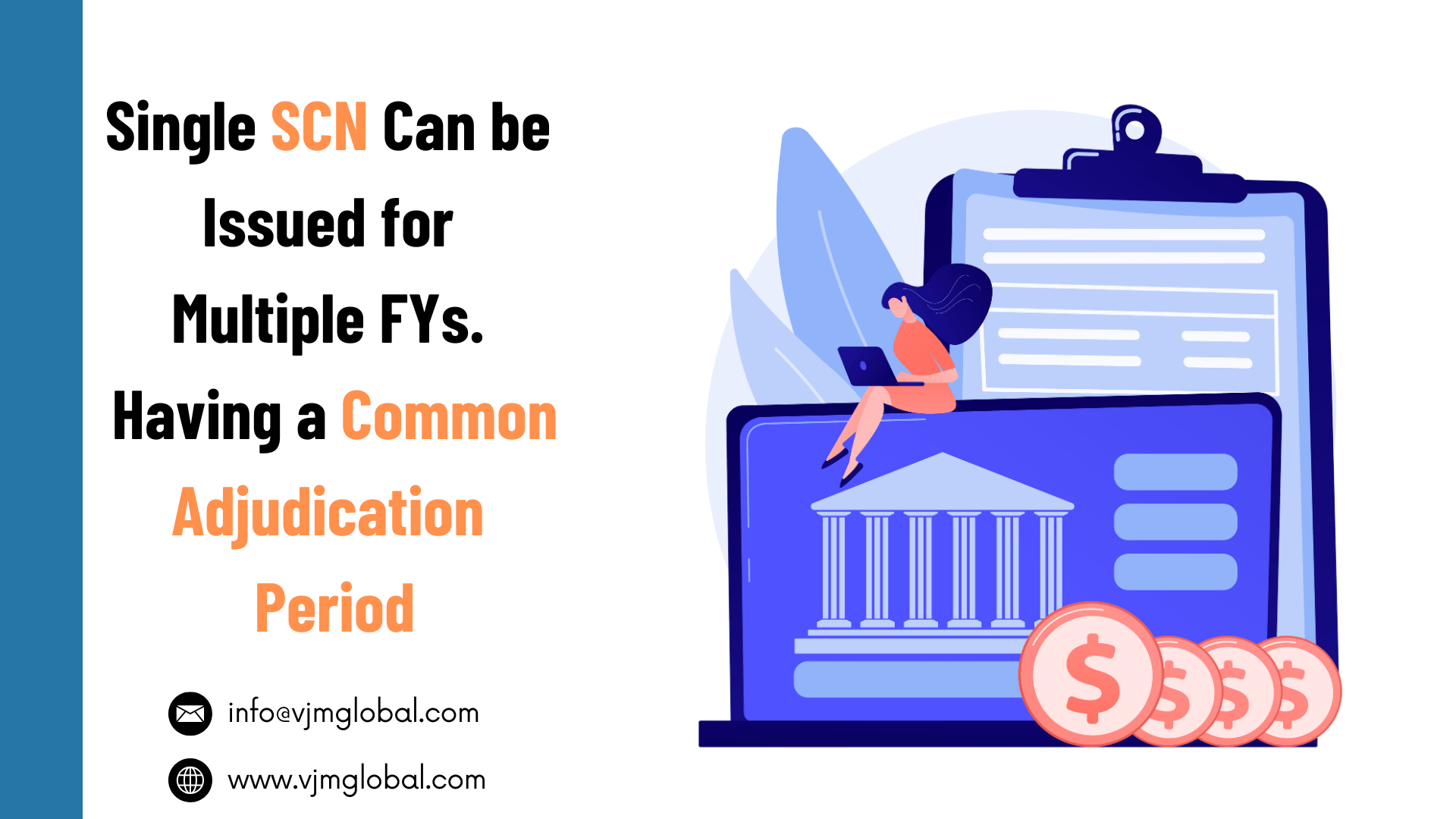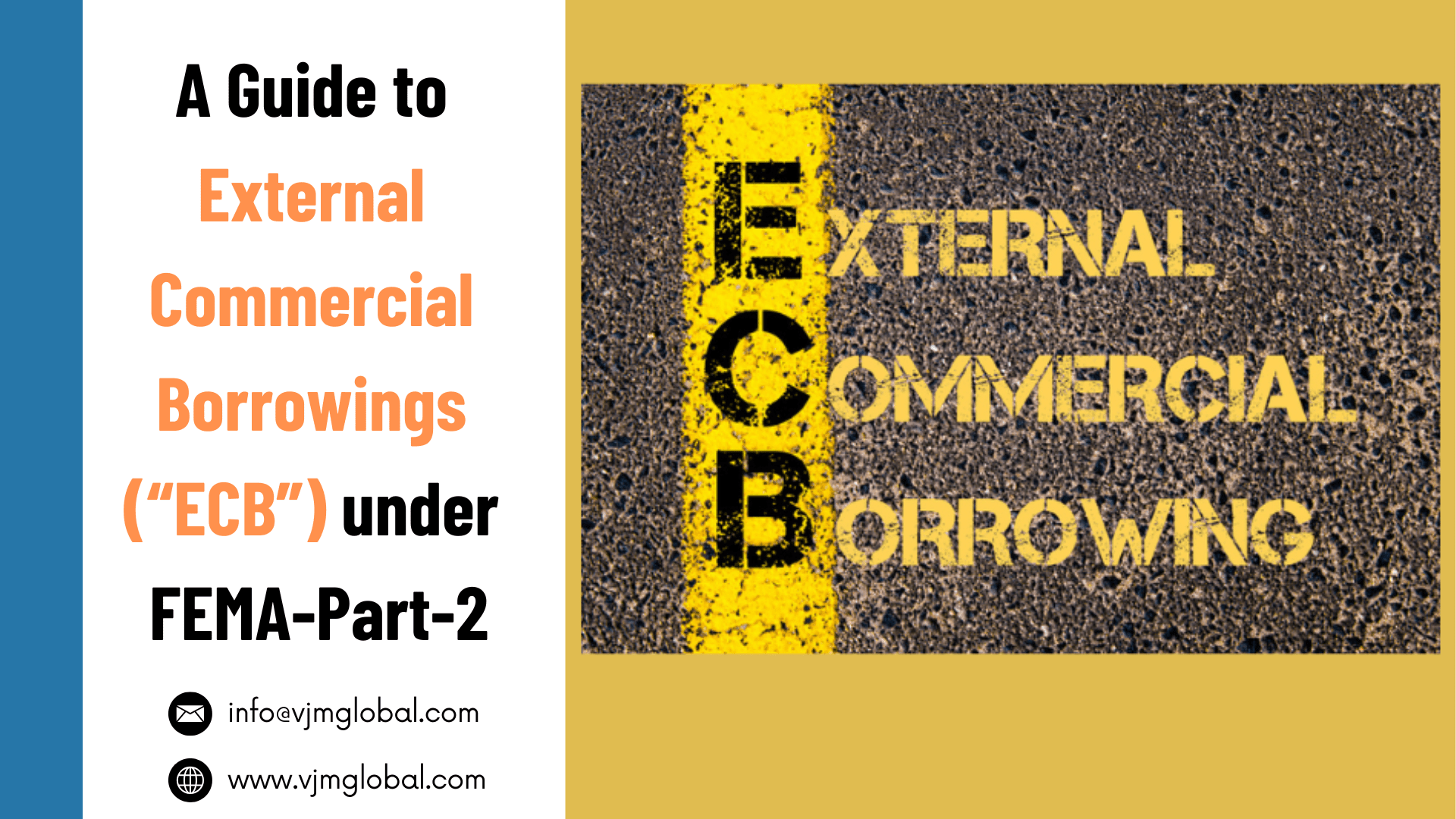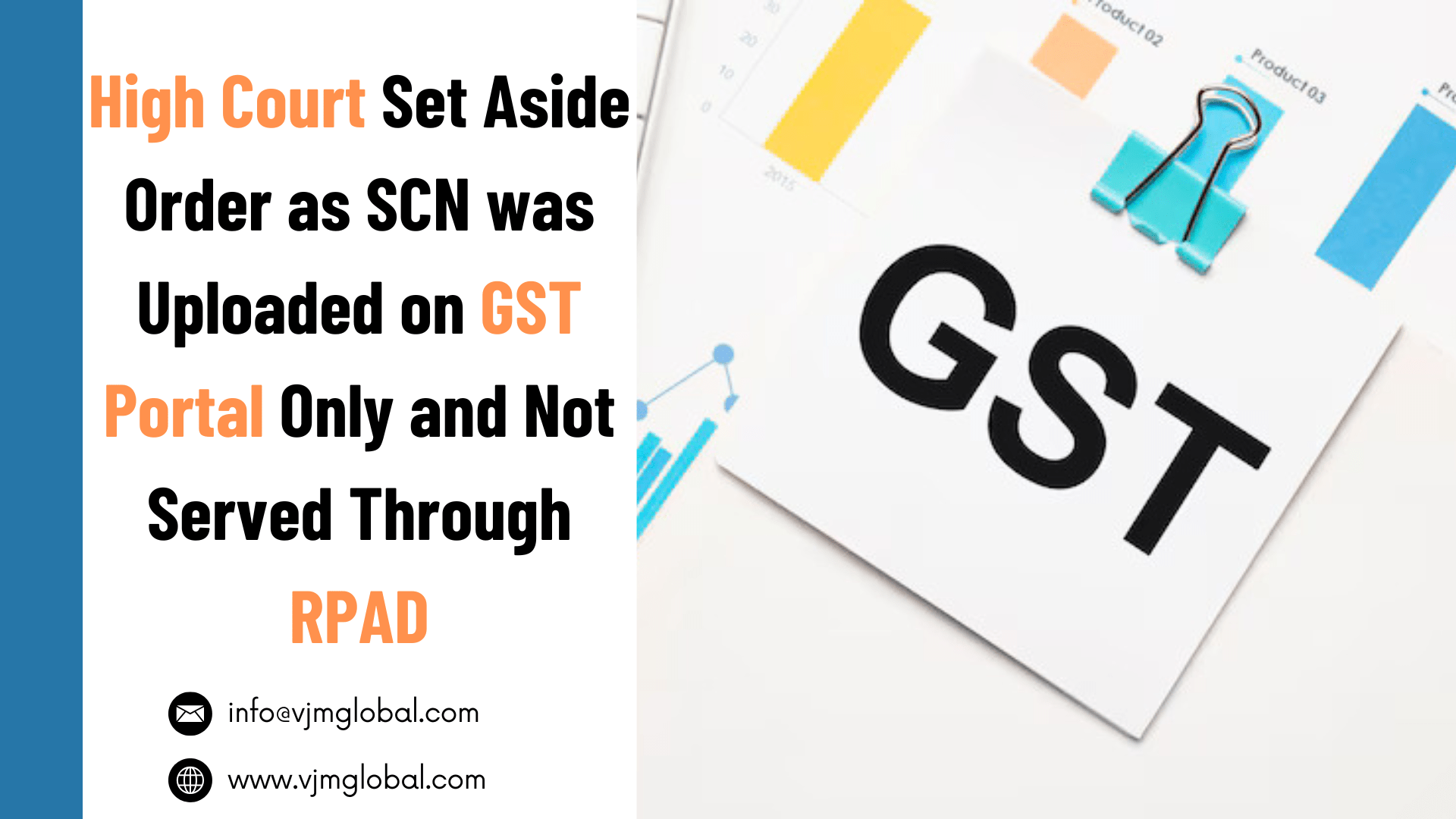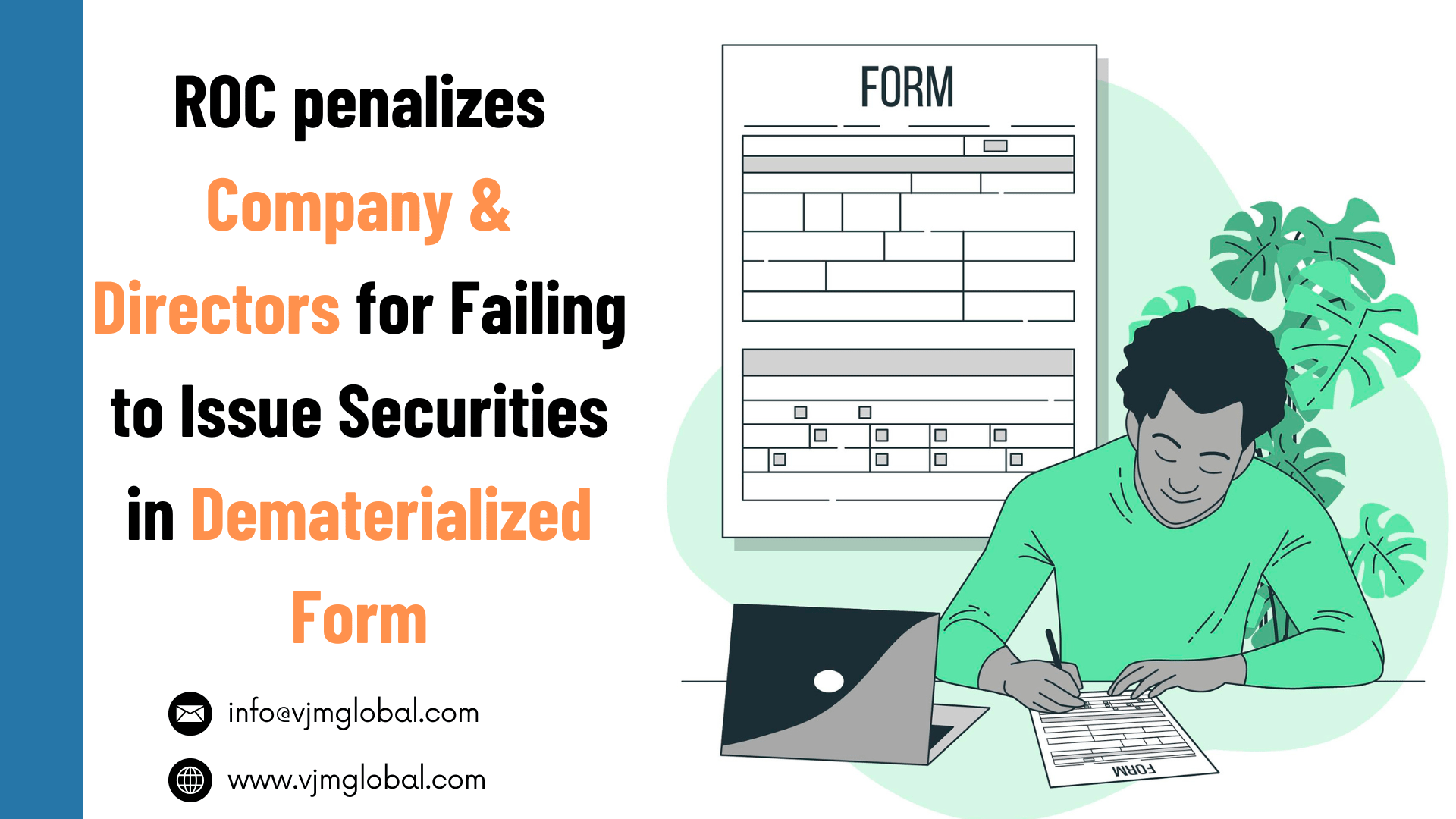Tax deducted at source (“TDS”) is one of major compliance under Income Tax Act, 1961 (“The Act”) as it facilitates the Income Tax Department to keep track of income of all persons and also helps in collection of part of tax at the time of generation of Income. Provisions related to TDS are given under Chapter XVII-B of the act.
Section 194J contains provisions related to deduction of TDS on professional Fee and Technical fees which requires deduction of TDS @ 10%. However, the Finance Act, 2020 reduced the rate of TDS from 10% to 2% for few payments under section 194J.
1. Applicability of Provisions of Section 194J
Section 194J requires every person, other than Individual or a Hindu Undivided Family (HUF), to deduct TDS on any of the following payment made during the year:
- fees for professional services*, or
- fees for technical services**, or
- any remuneration or fees or commission paid to the director of the company other than those payments on which tax is deductible under section 192, or
- royalty, or
- any sum referred to in clause (va) of section 28,
Liability to deduct TDS arises only if aggregate payment made or likely to be made to a payee during the year exceeds INR 30,000.
*Professional Service services rendered by a person in the course of carrying on legal, medical, engineering or architectural profession or the profession of accountancy or technical consultancy or interior decoration or advertising etc
**Fee for technical services means any consideration given for rendering any managerial, technical or consultancy services but it shall not include consideration for any construction, assembly, mining or like project undertaken by the recipient or consideration given in form of “Salaries;
2. Who is liable to deduct TDS under Section 194J
TDS is to be deducted by every person other than Individual and HUF. However, Individual and HUF will also be required to deduct TDS under section 194J if gross turnover or gross receipts exceeds INR 1 Crore (in case of Business) or INR 50 Lacs (in case of Profession) during preceding Financial Year.
Further, where fees for professional purpose is paid by Individual or HUF solely for personal purpose of such individual or any member of HUF, then such Individual or HUF will not be required to deduct TDS irrespective of turnover during preceding Financial year.
3. Rate at which TDS is required to be deducted
Every assessee who is liable to deduct TDS shall deduct TDS at following rates:
- fees for technical services (not being a professional services) or royalty, where such royalty is in the nature of consideration for sale, distribution or exhibition of cinematographic films-2%
- Any other payment covered under section 194J-10%
Rate on TDS on fee for technical services (not being a professional service) or royalty for cinematographic films has been reduced from 10% to 2% by Finance Act, 2020 with effect from 01.04.2020.
| Payment | TDS rate till 31st March 2020 | TDS from 1st April 2020 onwards |
| Fee for Professional services | 10% | 10% |
| Fee for Technical services | 10% | 2% |
| Royalty related to sale, distribution or exhibition of cinematographic films | 10% | 2% |
| Other Royalties | 10% | 10% |
4. Issues faced by deductor under Section 194J
Prior to 01.04.2020, Fees for technical services was liable to TDS under section 194J. Similarly, section 194C created liability to deduct TDS @ 1% (in case of payment made to Individual or HUF) or 2% (In case payment made to any other person) for any work carried out in pursuance of a contract (including supply of labour for carrying out any work).
However, certain nature of payments were creating confusion as to where they should be considered as “Fee for technical services” or “work carried out under a contract”. E.g. Service of Event management, Exhibition Service, services of photographer etc.
Therefore, in many such cases, assessee ended up deducting TDS on such nature of service under section 194C @ 1% or 2%. However, Assessing officer contended that corresponding payments should get covered under section 194J and therefore, TDS should have been deducted @ 10% and consequently imposed interest and penalty.
Therefore, to reduce litigation and to bring provisions of both sections in sync with each, the Finance Act, 2020 reduces the rate for TDS under section 194J from 10% to 2% for fees for technical services (other than professional services). Therefore, there can be differences of opinion on classification of such payments like under 194C or 194J. However, it will not impact TDS liability of the deductor.
Further, Difference in tax liability can still arise where payment is made to Individual or HUF as section 194C required deduction of TDS @ 1%. However, section 194J requires deduction of TDS 2%.
5. Amendment in Section 194J by Finance Act, 2020
Finance Act, 2020 amended provisions of Section 194J to reduce rate of TDS from 10% to 2% on following payments with effect from 01.04.2020:
- Fees for Technical Services* (Not being professional Fee); or
- Royalties, where such royalty is in nature of consideration for sales, distribution or exhibition of cinematographic films.
TDS on other payments under section 194J is applicable at an original rate of 10%.
6. Explanation as per Memorandum to Finance Act, 2020
As per Clause No. 104 of memorandum to Finance Act, 2020, to reduce litigation of classification between section 194J or 194C, the Finance Act, 2020 reduces the rate for TDS in section 194J in case of fees for technical services (other than professional services) to 2% from existing 10%. The TDS rate in other cases under section 194J would remain the same at ten per cent.
7. When does liability to deduct TDS arises under section 194J
Person is liable to deduct TDS at earlier of the following points:
- at the time of credit of such sum to the account of the payee or
- at the time of payment in cash or cheque or draft or by any other mode.
8. Exemption from TDS under Section 194J
Following persons are not required to deduct TDS under section 194J:
- Where the aggregate amount of payment made or likely to be made to a payee doesn’t exceed or expected to exceed INR 30,000 during a financial year.
- Where payment is made by Individual or HUF and their turnover doesn’t exceed INR 1 crores (in case of business) or INR 50 Lacs (In case of profession) during preceding Financial year.
- Where payment is made by Individual or HUF by way of fee for professional services solely for personal purpose of such individual or any member of HUF irrespective of their turnover.
9. Difference between Technical Service and Professional Service
Before amendment by Finance Act, 2020 in Section 194J, need of differentiation between “Fee for Technical Service” (“FTS”) or “Fee for Professional Service” (“FPS”) generally not arise as both nature of service were subject to TDS at same rate, i.e., 10%. However, Finance Act, 2020 reduced the rate of TDS for FTS to 2% from existing rate of 10% and TDS on FPS is applicable at the same rate of 10%. Now the issue of differentiating a service between FPS or FTS arises.
9.1. Definition of FTS and FPS as per Income Tax Act
- As per Explanation 2 to Section 9(1)(vii) of Income Tax Act, ““fees for technical services” means any consideration (including any lump sum consi-deration) for the rendering of any managerial, technical or consultancy services (including the provision of services of technical or other personnel) but does not include consideration for any construction, assembly, mining or like project undertaken by the recipient or consideration which would be income of the recipient chargeable under the head “Salaries”
- As per Explanation (a) to Section 194J of Income Tax Act, “professional services” means services rendered by a person in the course of carrying on legal, medical, engineering or architectural profession or the profession of accountancy or technical consultancy or interior decoration or advertising or such other profession as is notified by the Board for the purposes of section 44AA or of this section;
- No separate list of professionals are notified for Section 44AA of Income Tax Act. However, Rule 6F to Income Tax Rules list out a list of certains professionals who are required to maintain books of accounts under Section 44AA(3) of Income Tax Act. Relevant extract of Rule 6F(1) is reiterated below:
“(1) Every person carrying on legal, medical, engineering or architectural profession or the profession of accountancy or technical consultancy or interior decoration or authorised representative or film artist shall keep and maintain the books of account and other documents specified in sub-rule (2):
….”
- For the purpose of deduction of TDS, we are required to classify a service between FPS or FTS. Certain services are clearly differentiable between professional service and technical service. To say, Service provided by Chartered Accountants, Company Secretary, Doctors, Medical practitioners, Lawyers, Architects etc. are specifically covered under professional service. Whereas services such as event management, professional photography, recruitment companies etc. are not professional but technical services and therefore classified under FTS.
- However, few services are still covered in grey areas such as Information Technology Service, Engineering service or technical consultancy service. At first, these services seem overlapping as FPS includes technical consultancy provided in the course of profession and FTS also includes Technical and consultancy services. Therefore, technical services seem to fall under both the categories. However, if technical consultancy is given in the course of profession then the same is covered under FPS and liable to TDS @ 10%. Whereas, if the same is given otherwise than in the course of profession then the same gets covered under FTS and shall be entitled to TDS @ 2%.
- Let’s have a look at the detailed interpretation of both services.
9.2 Interpretation of Fee for Professional Service
As per definition given under Income Tax Act, following attributes are required to classify a service as “Professional Services”:
- Service is provided by a person;
- Service is provided in the course of carrying out any profession;
- Such service falls under the list of professions given in definition itself or it falls under any other profession notified for Section 44AA.
These attributes are discussed below in detail:
9.2.1 Service is provided by a person
- Definition of FPS clearly states that “Professional Service” is the one which is rendered by a person. Whereas, no such word is mentioned in the definition of FTS.
- Section 2(31) of Income Tax Act defines the word “person” as:
“person” includes—
(i) an individual,
(ii) a Hindu undivided family,
(iii) a company,
(iv) a firm,
(v) an association of persons or a body of individuals, whether incorporated or not,
(vi) a local authority, and
(vii) every artificial juridical person, not falling within any of the preceding sub-clauses.
- So, as per definition given, a person can either be an individual or HUF or Firm or any other artificial person.
- However, activities mentioned in the definition of FPS are more into intellectual and artistic nature and the same can be provided by a person only and not by any artificial person.
9.2.2. “In course of Carrying out any profession”
- Profession is a business type which requires intellectual skills only. Further, all professional institutions permit their member professionals to practise in the capacity of Individual or Firm (Proprietorship Firm or Partnership Firm or Limited Liability Partnership Firm). Rationale behind such a condition is that artification persons have independent liability from its directors and employees. However, in case of profession, complete onus lies on a person providing service. Therefore, professionals can’t be differentiated from their associated liability and therefore, they are permitted to practise either in individual name or under name of firm.
- Therefore, interpretation can be drawn that services provided by a practising professional in individual capacity or through a firm can be said to be services rendered in course of carrying out profession. However, if service is provided through any artificial person then it can’t be said that such service is provided in professional capacity.
- E.g. If a Chartered Accountant is providing service of Indirect tax Consultancy in his individual professional capacity or through a firm registered with ICAI, then it can be said that such service is provided in the course of profession and will be liable to TDS @ 10%. Whereas, if such chartered Accountant forms a Private Limited company and renders such service then it can’t be said that such service is provided in the course of profession as ICAI doesn’t permit practising in name of company and therefore, payment to the company shall be considered as FTS and therefore, shall be liable to TDS @ 2%.
9.2.3 Service falls under the list of professions given in definition itself or it falls under any other profession notified for Section 44AA
- As per definition of FPS, a list of professions are given which are covered for definition of professional service. However, the definition also covers the profession of Technical consultancy. Further,, the definition of FTS also covers technical services.
- In case technical service is obtained then confusion may arise whether it is covered under FTS or FPS. In such a scenario for the purpose of FPS definition, interpretation of words “Technical Consultancy” should be drawn as per principle of interpretation noscitur a sociis which means meaning of the word should be derived from the company of the words in which it is placed.
- Therefore, for the purpose of FPS, the meaning of the word “Technical Consultancy” should be similar to the meaning of the words mentioned earlier. In the definition of FPS, all earlier mentioned services are related to professional qualification. Therefore, if “Technical Consultancy” is given by a person holding some professional qualification and such service is provided in course of carrying out any profession then it will get covered under FPS and therefore, will be liable to TDS @ 10%. Otherwise, such service will get covered under FTS and will be liable to TDS @ 2%.
10. Summary of Interpretation
| Nature of Service | Person Providing Service | Whether qualified as FPS or FTS | Rate of TDS |
| Professional Service such as CA, CS, Medical Practitioner, advocate etc. | Individual or Firm in course of carrying out profession | FPS | 10% |
| Professional Service such as CA, CS, Medical Practitioner, advocate etc. | Artification person | FTS- As same can’t be said to be provided in course of profession | 2% |
| Technical Consultancy provided by a qualified professional | Individual or Firm in course of carrying out profession | FPS | 10% |
| Technical Consultancy provided by a qualified professional | Artificial person | FTS | 2% |
| Technical consultancy provided by person other than qualified professional | Any person (Individual, Firm or any artificial person) | FTS | 2% |
| Managerial service | Any person (Individual, Firm or any artificial person) | FTS | 2% |
11. Conclusion
As differentiation of service between FTS or FPS is a grey area and deduction of less TDS can result in various consequences such as expense disallowance, Interest, penalty etc. Therefore, for services which are clearly differentiable between FTS or FPS, taxpayers should deduct TDS at an applicable rate of TDS, i.e., 2% or 10%.
Further considering the complications involved in determination of nature of service and risk associated on account of lower deduction of TDS, it would be very helpful, if the department comes up with a clarification on what nature of services are covered under FTS and what services are covered under FPS.
Read more on New reduced TDS Rate for Fy 2020-21 | Impact On The Tax Liability


